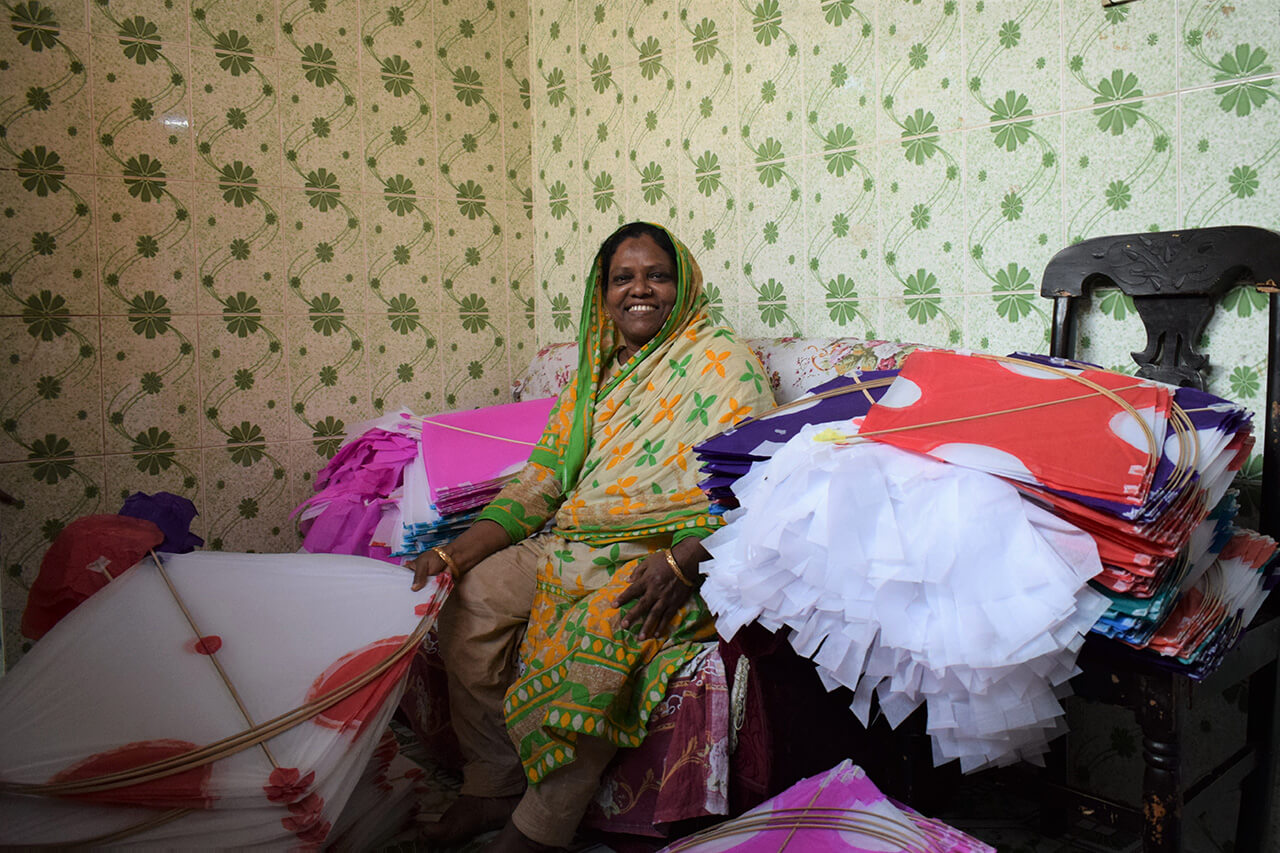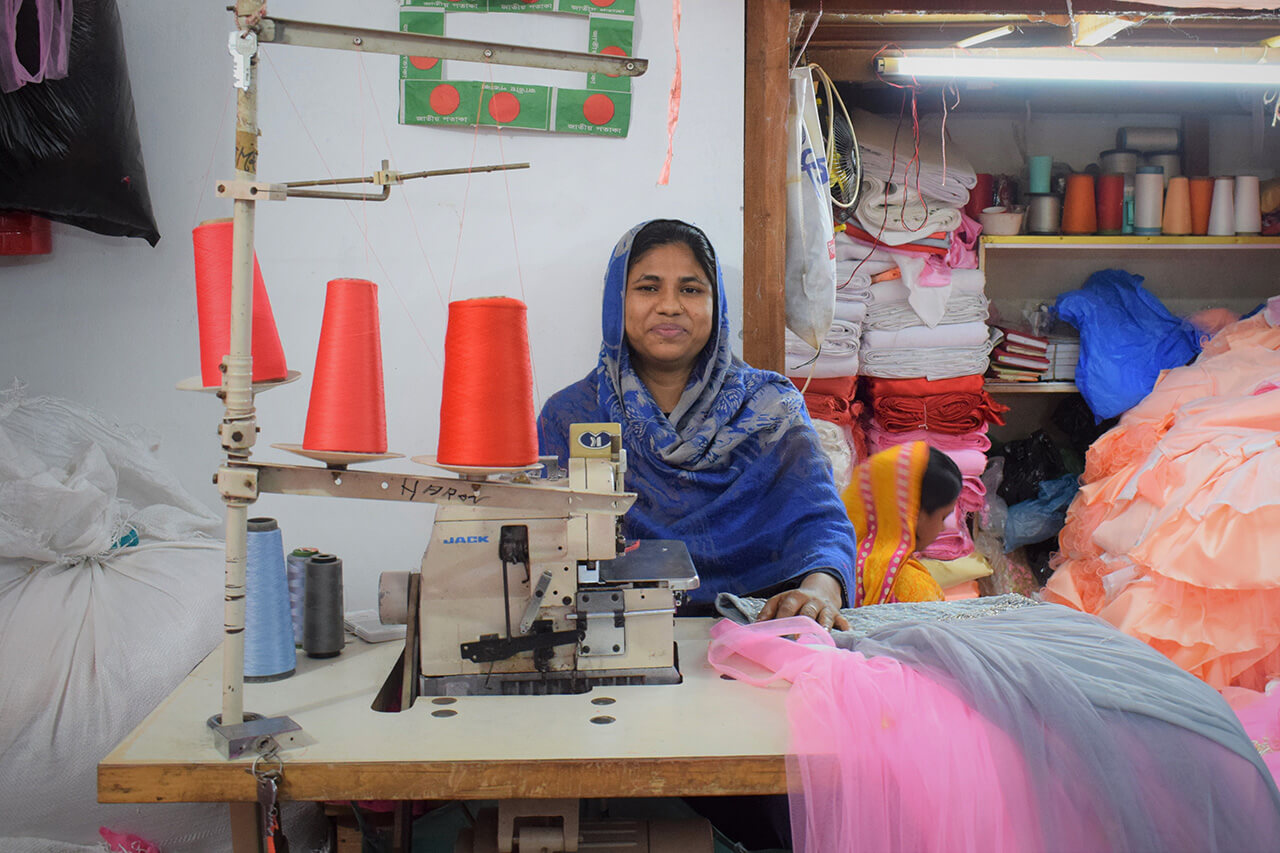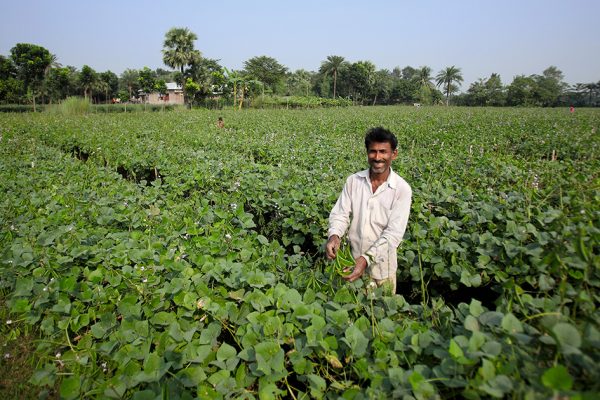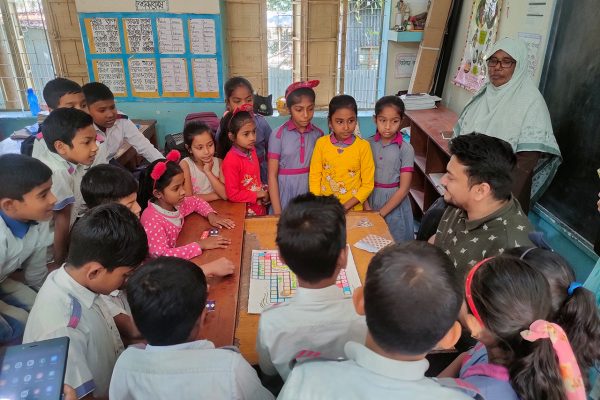The start-up stories you do not hear about
Reading Time: 3 minutes
Our search for business inspiration often starts and ends in million-dollar companies, glossy tech start-ups and management books. We often do not know the stories behind the labels closest to us. Behind-the-label narratives are not only found in huge export-oriented ready-made garments factories, but on the streets around us.
Nasima Begum produces many of the kites in Dhaka. She started her business with less than a dollar. It’s worth has increased 40,000 times since then.
Sharmin Akter has a weekly pre-order of 700 toys and is one of the biggest manufacturers of soft toys in southwest Dhaka.
Sheuly Begum is a self-made garment factory owner who trains other women with sewing skills and builds their businesses.
Nasima, Sharmin and Sheuly are all self-made entrepreneurs who have built their enterprises from scratch.

Nasima Begum – the kite maker
The idea of making kites came to Nasima Begum 10 years ago during a visit to the local Baishakhi Mela (Bangla New Year carnival) in Keraniganj. Like all children, Nasima’s two daughters wanted kites – but she could not afford to buy them. She saw the business potential though, and started making them. Making kites involves many elements, from cutting bamboo to shaping the intricate tail patterns in the delicate paper. Over the next few years, Nasima and her husband, with help from their two daughters, spent days and nights making kites and going door to door to sell them. The biggest challenge she faced was when they tried to grow the business. Financial institutions saw no potential in her enterprise, and Nasima struggled to meet her growing orders.

Sharmin Akter – the toy maker
Sharmin Akter has a weekly pre-order of 700 toys and is one of the biggest manufacturers of soft toys in southwest Dhaka.
Sharmin worked in a toy factory. After many years of doing the same kind of work every day, she decided to take her skills out of the factory. Being an independent business owner in a male-dominated industry was not easy but her toys were good, and demand increased rapidly, particularly in the city’s New Market and Chawkbazar – the biggest wholesale markets of the capital. Sharmin struggled to keep up with the volume of the orders and soon realised that she needed to invest in more sewing machines. The problem was, she couldn’t find anyone who was willing to invest in her.

Sheuly Begum – the dressmaker
Sheuly struggled for many years doing irregular, odd jobs before deciding to start a business. She and her husband had a starting capital of USD 200 and an idea of making affordable party dresses for children from lower income families. While their business initially went well, she was quick to realise the major drawbacks associated with small start-ups, the biggest one being lack of finance. She could not expand her business, which lowered her bargaining power with good suppliers and buyers.
Access to finance fosters entrepreneurship and leads to job creation which catalyses economic growth. Many micro, small and medium entrepreneurs face obstacles when seeking credit from formal institutions though. Mainstream banks require collateral and exhaustive paperwork and informal lenders charge exorbitant interest rates.
The stories of Nasima, Sharmin and Sheuly were intertwined when they all availed loans from BRAC’s microfinance programme to grow their businesses.
Nasima used her loan to meet her growing orders for kites. She now lives in a four-storied house near the Buriganga river, on the outskirts of Dhaka, where 14 employees produce 35,000 kites every month.
Sharmin invested her loan of USD 3,750 to buy 12 sewing machines. She now has nine employees who together produce 14,000 toys per month. She has also purchased land in her village in Barishal.
Sheuly converted her boutique into a factory. With nine employees, Sheuly Garments produces 2,800 pieces of clothing every month and has a monthly profit of USD 570.
What does it take to build an enterprise from scratch – a business degree, a lofty starting capital, inherited business acumen? It seems the ingredients are simpler – the confidence to start, and then the access to finance to grow.
Kamran Ibne Abdul Qader is a senior communications officer at BRAC’s microfinance programme.





